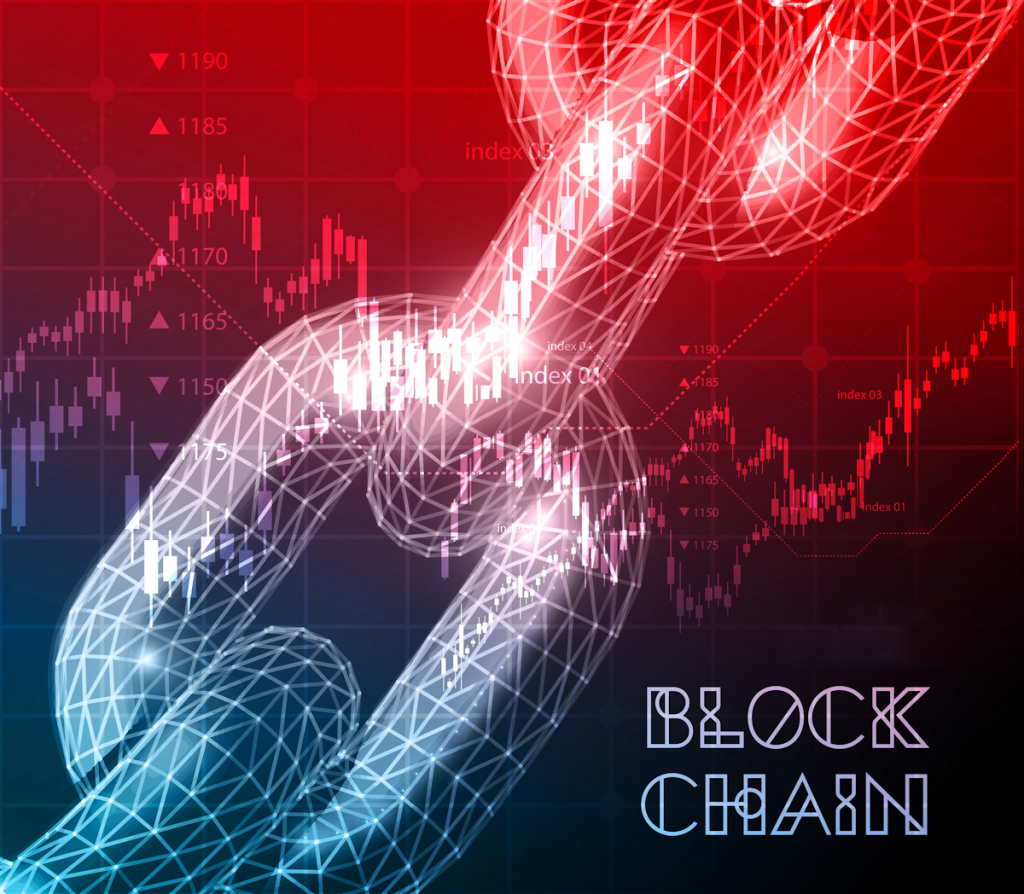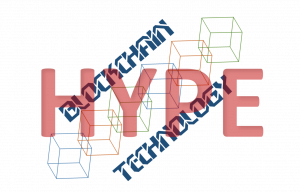Two of the most obvious changes in consumer behavior during the novel coronavirus pandemic have been a spike in e-commerce and renewed interest in shelf stable food products. Kevin Beasley, CIO at VAI, explains, “As consumers hunker down at home because of COVID-19, their spending on packaged retail food items has surged. … Supply and retail companies continue to deliver, but there’s no doubt the supply chain is feeling the strain. To keep up, now and in the future, something needs to change. Consumer goods companies should use the current situation as an opportunity to reevaluate.”[1] In the course of reevaluating supply chain operations, Beasley believes companies need to take a hard look at two specific technologies — artificial technology (AI) and blockchain (aka distributed ledger technology).
“If predictions hold true,” he writes, “COVID-19 may reemerge even stronger in late 2020, and future pandemics may be an inevitable part of our new ‘normal.’ As it stands, two broad technology trends — artificial intelligence and blockchain — will be key in helping us manage unpredictable spikes in consumer demand caused by social distancing and public health mandates.” Nish Kotecha, Chairman and Co-founder of Finboot, and Shawn Muma, Technology Research Leader for The Center for Global Enterprise’s Digital Supply Chain Institute (DSCI), agree supply chains are going to look different once we emerge from the pandemic. They also agree blockchain will play a larger role in supply chain operations. They write, “Sales channels will be forever transformed with far greater buying and fulfillment through digital channels. That will place significant pressure on supply chains to create and deliver products in new ways. With its cross-enterprise workflow strengths, blockchain is likely to play a critical role bringing transparency and visibility to supply chains.”[2]
Blockchain and supply chain
Although blockchain technology is being used in some supply chains, widespread use of the technology is being held back by several hurdles. Journalist Jack Grimshaw openly wonders, “Is blockchain the key to a new age supply chain?”[3] To answer that question, Capgemini published a survey of 450 organizations to identify and compile blockchain use cases for sectors ranging from manufacturing to retail. Reporting on survey results, Grimshaw notes, “Blockchain technology has been implemented into everyday use across these industries, at any of the proof-of-concept, pilot, or at-scale stages. … Blockchain can be used in a number of cases to address a range of issues that face supply chains.” He notes blockchain can be particularly effective when tracking and traceability are important. “In addition to this,” he concludes, “blockchain technology can act as the foundation for other innovative disruptors, such as the Internet of Things and Artificial Intelligence, both pieces of technology accelerating the automated supply chain.”
Peter Fretty (@pfretty), technology editor at IndustryWeek, believes blockchain will play an important supply chain role wherever tracking, tracing, and recording matter.[4] The following video from the Institute for the Future provides an instructive overview of blockchain’s potential.
During an interview with Fretty, Beasley noted, “As blockchain technology pushes more to the forefront, COVID-19 has shown some vulnerabilities in our supply chains. Blockchain can provide the opportunity to boost efficiencies and traceability, while also strengthening trust across a range of stakeholders. With supply chains currently struggling to adapt, we need to take steps to ensure our global supply chains are more resilient in the face of unexpected events such as a pandemic, and buyers and sellers need to rethink their approach in anticipation of future events. Blockchain networks could be the answer.”
Moving forward
Kotecha and Muma insist, “Digitalization has become a survival imperative as organizations rethink their supply chain design criteria to respond to the pandemic shock and focus on manufacturing locally. The debate over offshore vs onshore/nearshore will be reframed as resilience and adaptability become paramount. This will drive a restructuring of supply chains in new ways that result in the widespread acceptance of blockchain as a technology that enables cross-enterprise transformation and digitalization. … Blockchain technology will play a critical role in the digital transformation of supply chains emerging in a post-COVID-19 world. The simple fact is blockchain technology can effectively manage workflow across the entire supply chain and, through its distributed ledger approach, guarantee that data is accurate, transparent and immutable.”
As I noted above, blockchain technology still has challenges to overcome. Among those challenges are speed, standards, and scalability. These challenges don’t appear to be insurmountable and subject matter experts are working hard to overcome them. For that reason, H. Paris Burstyn, a freelance journalist, believes blockchain makes sense for supply chain operations. He explains, “Combined with IoT infrastructure, blockchain can support and secure a wide range of supply chain transactions among businesses. … Blockchain isn’t used to increase revenue, but to enable users to improve quality and customer experience. Manufacturers of ‘branded goods,’ from routers to luxury items, use it to track component parts to prevent gray market items from slipping into the supply chain. This application assures customers get what they pay for. Several well-known companies have implemented blockchain in some of their supply chains. Most of these started with individual products, but users expect to deploy it across multiple products.”[5]
Nadia Hewett (@NadiaHewet), Project Lead for Blockchain and Distributed Ledger Technology at the World Economic Forum, and Rasmus Winther Mølbjerg, Director at Deloitte Denmark, believe blockchain technology will be essential for developing trust in the post-pandemic world.[6] They explain, “Critical to recovery and restoring economic activity is regaining trust in these systems. This challenge presents an opportunity for the integration of blockchain, a technology with the potential to fundamentally alter the future of supply chain.”[6] They add, “The need to process transactions quickly and verify the creation, transmission and reception of a particular exchange of value is ever more critical to business success. To make a supply chains resilient, there must be transparency and integrity across domains, which can be improved through the deployment of blockchain technologies.”
Concluding thoughts
Beasley concludes, “AI and blockchain will allow CPG to ensure essential products are available in the right place and at the right time during a crisis, and proactively identify breaks in the supply chain. With demand rising, we must seriously consider how this technology fits into our operations and can benefit downstream customers. While a global pandemic might not be the most ideal time to retool our business models, it’s certainly the time when our investments make the most impact.” Hewett and Mølbjerg add, “Though early implementation has been gradual, blockchain technology provides a transformative means to make supply chains more resilient. Whether it’s hospital systems procuring PPE or grocers acquiring meat products, now more than ever, supply chains are dependent on trust, transparency, and resilience. These factors could determine the speed and smoothness of economic recovery. As we chart a path forward beyond the COVID-19 crisis, blockchain has the potential to contribute to a more equitable system of commerce for producers and consumers alike.”
Footnotes
[1] Kevin Beasley, “How Blockchain and AI Can Future-Proof the Supply Chain Against Viral Threats,” Consumer Goods Technology (CGT), 20 May 2020.
[2] Nish Kotecha and Shawn Muma, “NextGen Technology: Blockchain’s critical role in a post-COVID-19 supply chain,” Supply Chain Management Review, 9 June 2020.
[3] Jack Grimshaw, “Capgemini: Is Blockchain The Key To A New Age Supply Chain?” Supply Chain Digital, 22 May 2020.
[4] Peter Fretty, “Blockchain: When Accurate Tracking, Tracing and Recording Matter,” IndustryWeek, 1 June 2020.
[5] H. Paris Burstyn, “Why Blockchain Makes Sense in Supply Chain Management,” IoT World Today, 8 June 2020.
[6] Nadia Hewett and Rasmus Winther Mølbjerg, “This Is How Blockchain Can Be Used In Supply Chains To Shape A Post-COVID-19 Economic Recovery,” Forbes, 19 June 2020.





